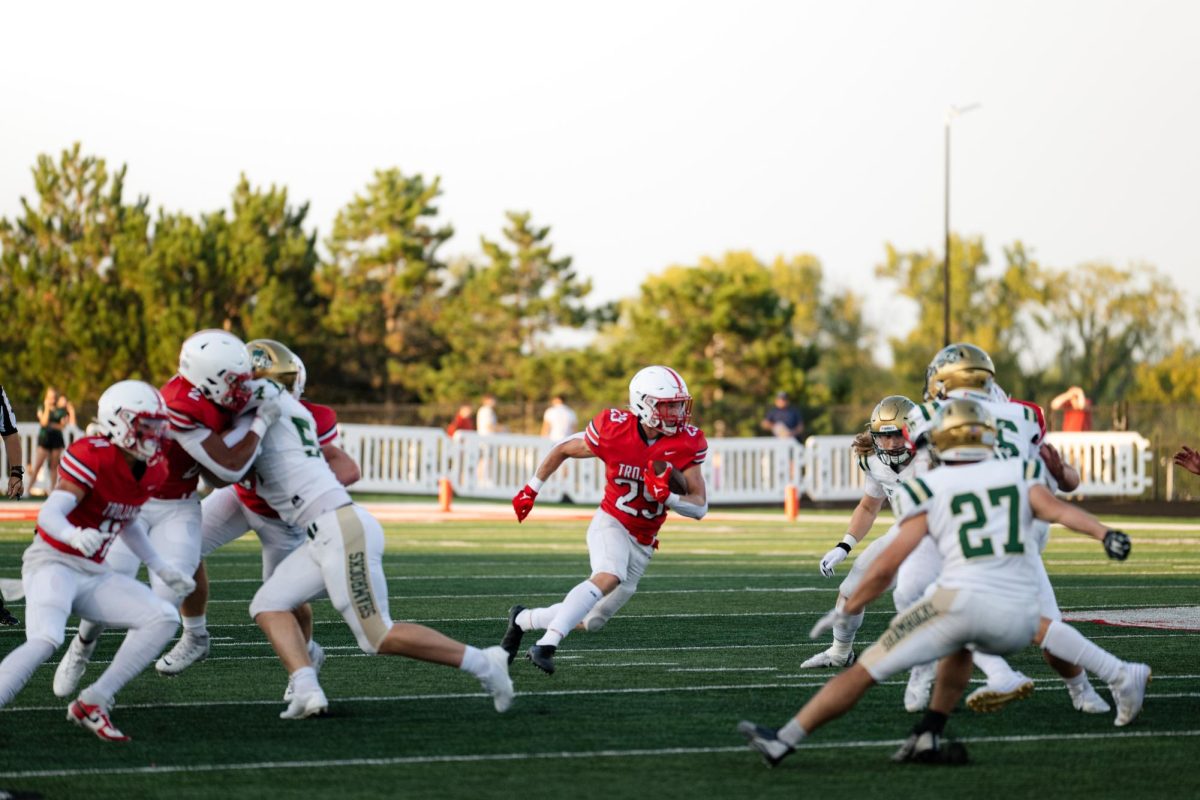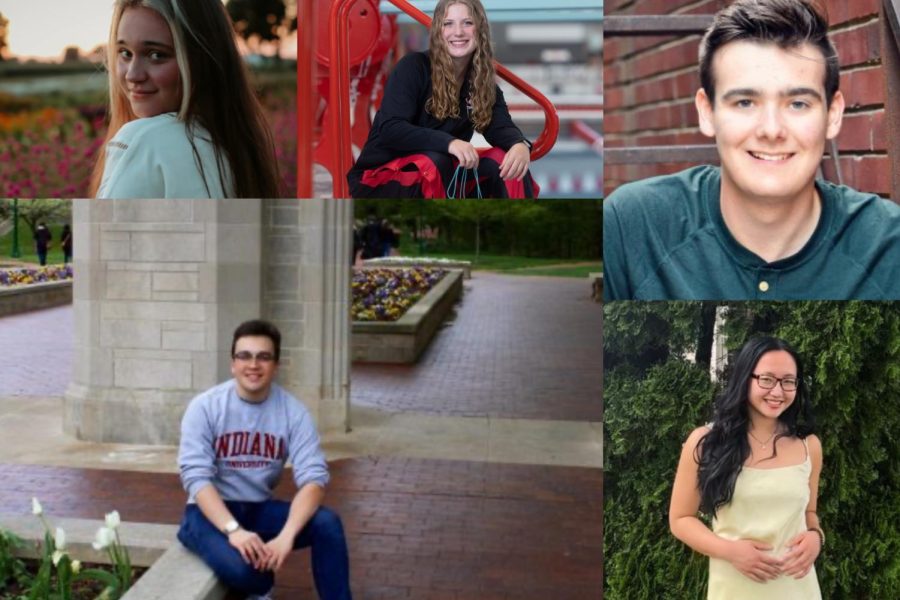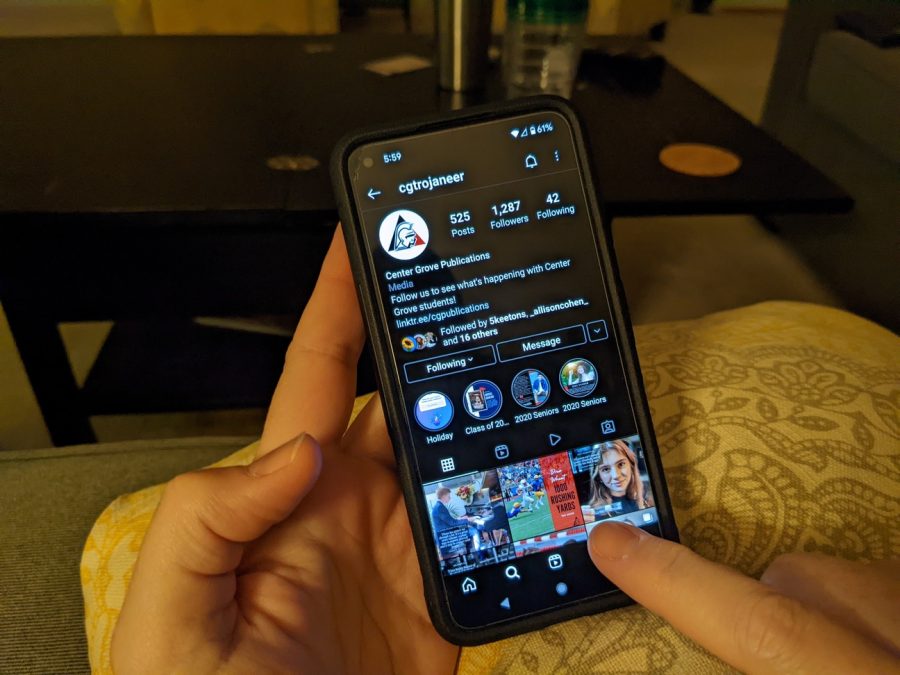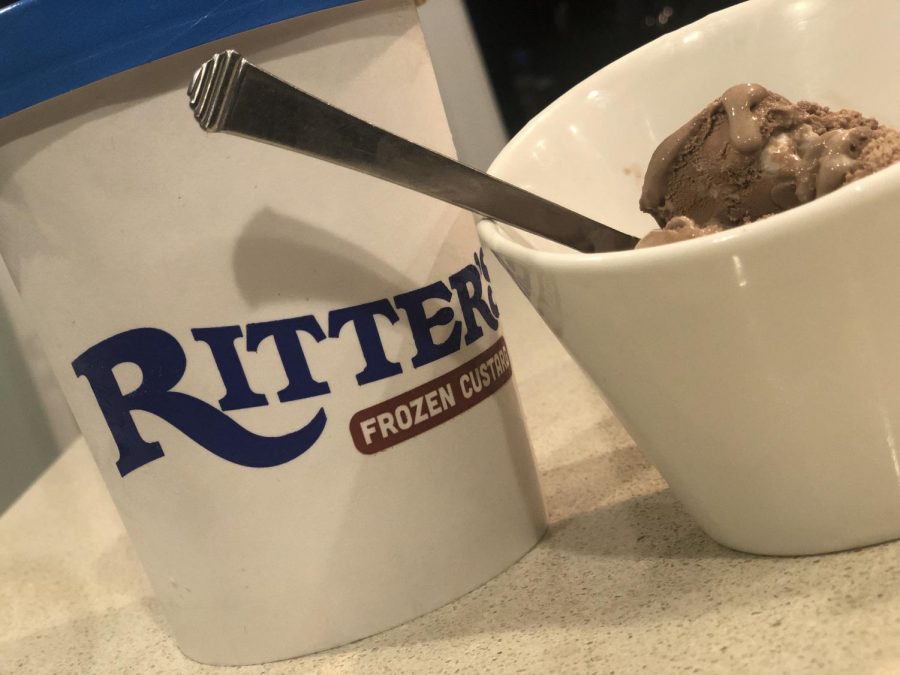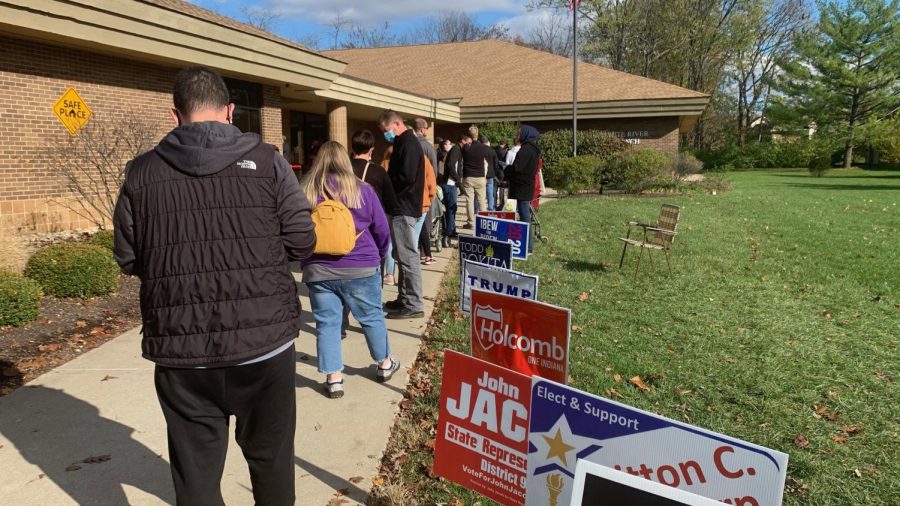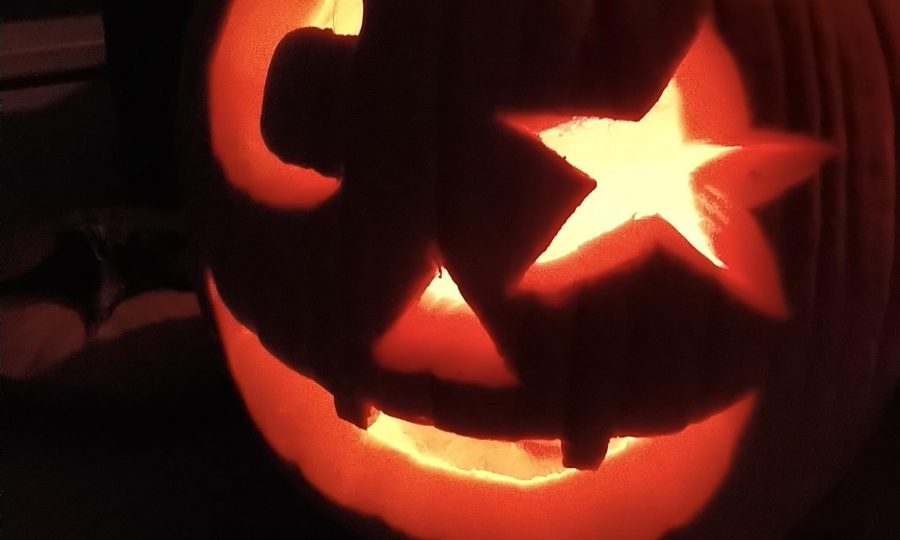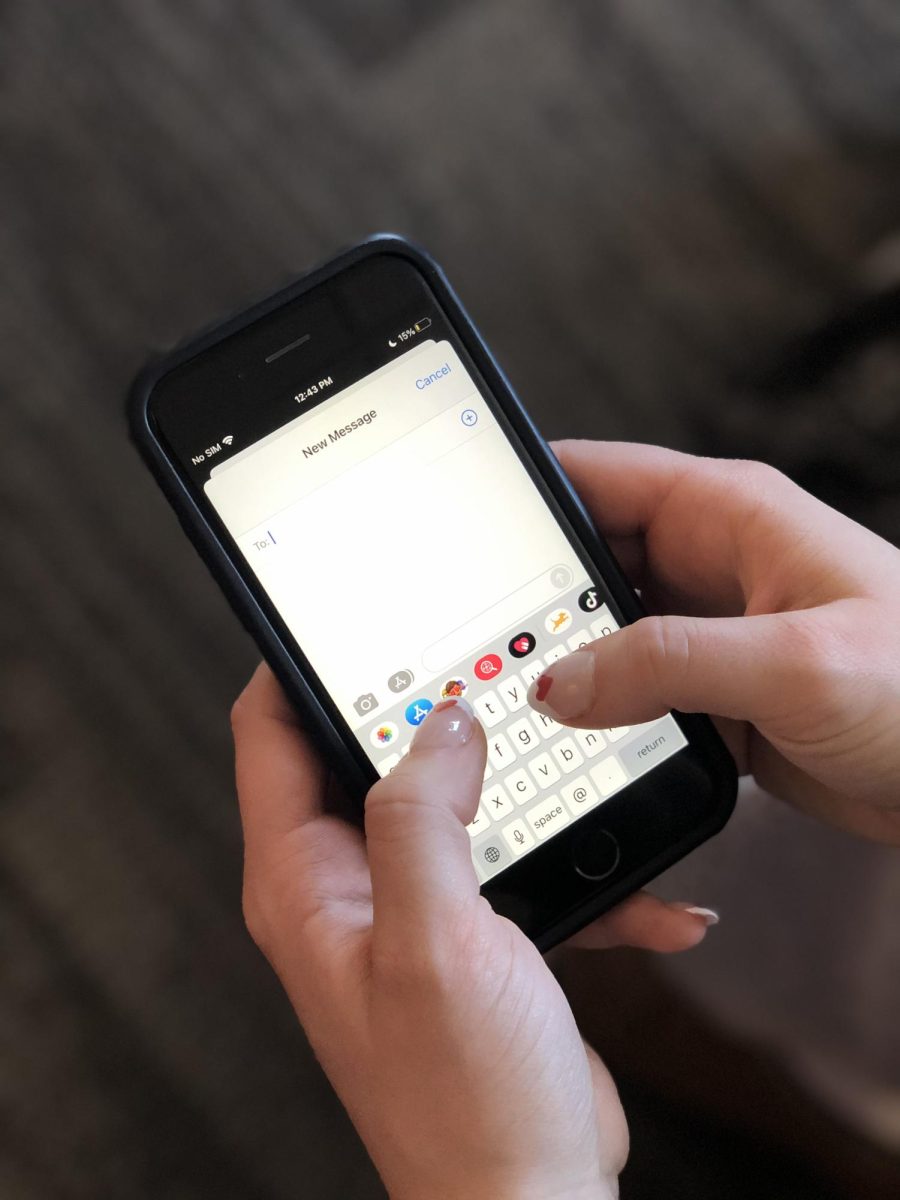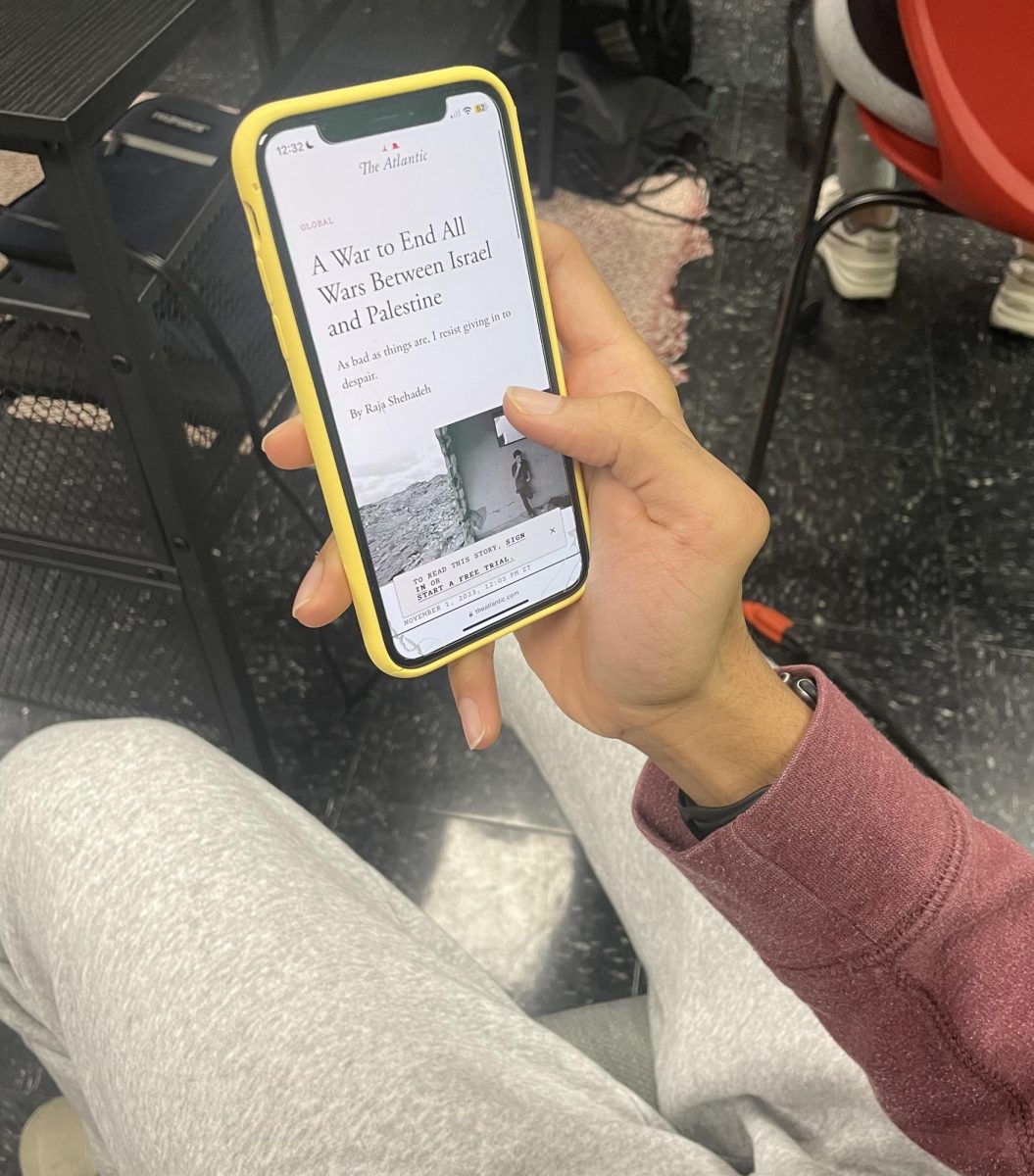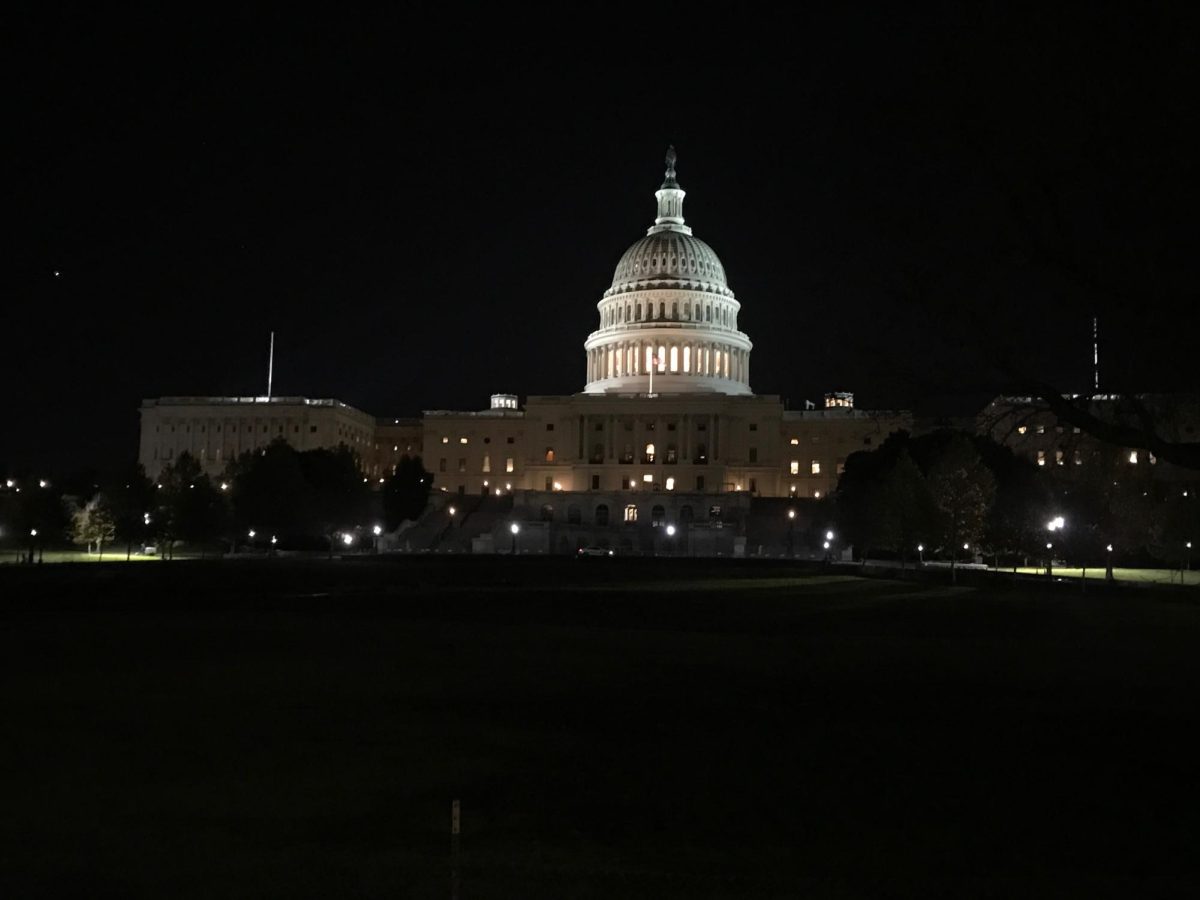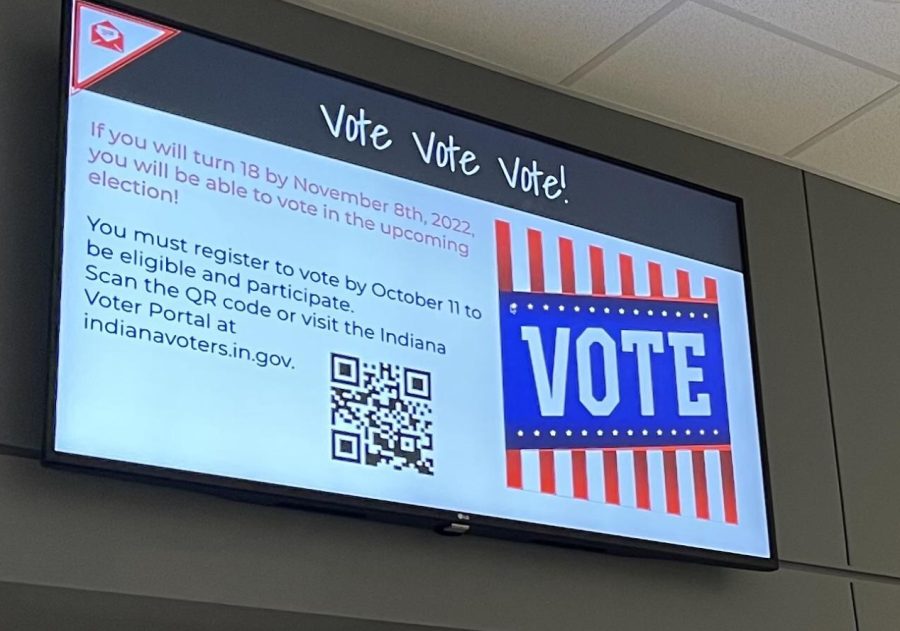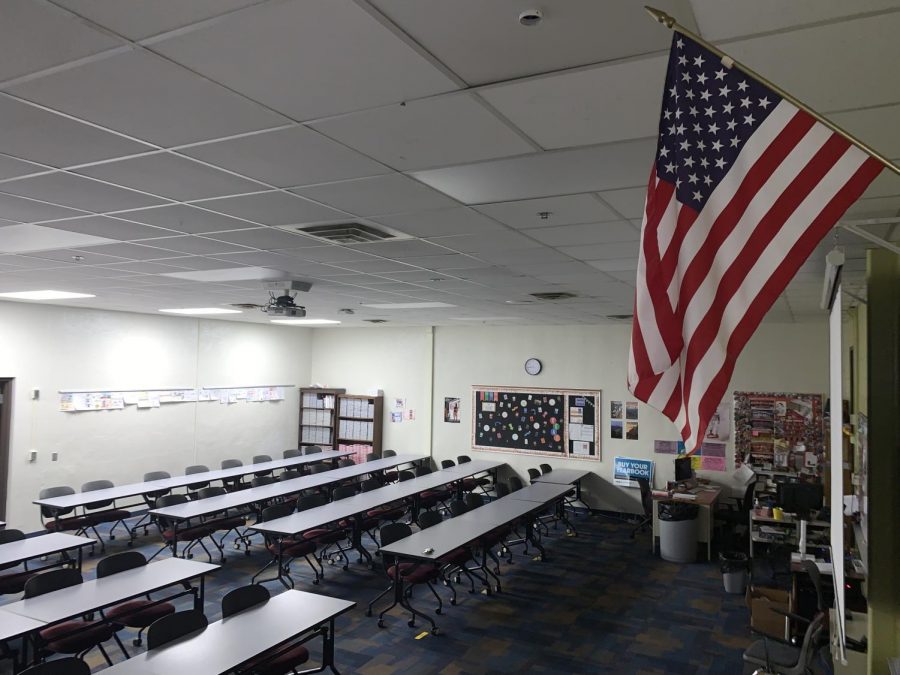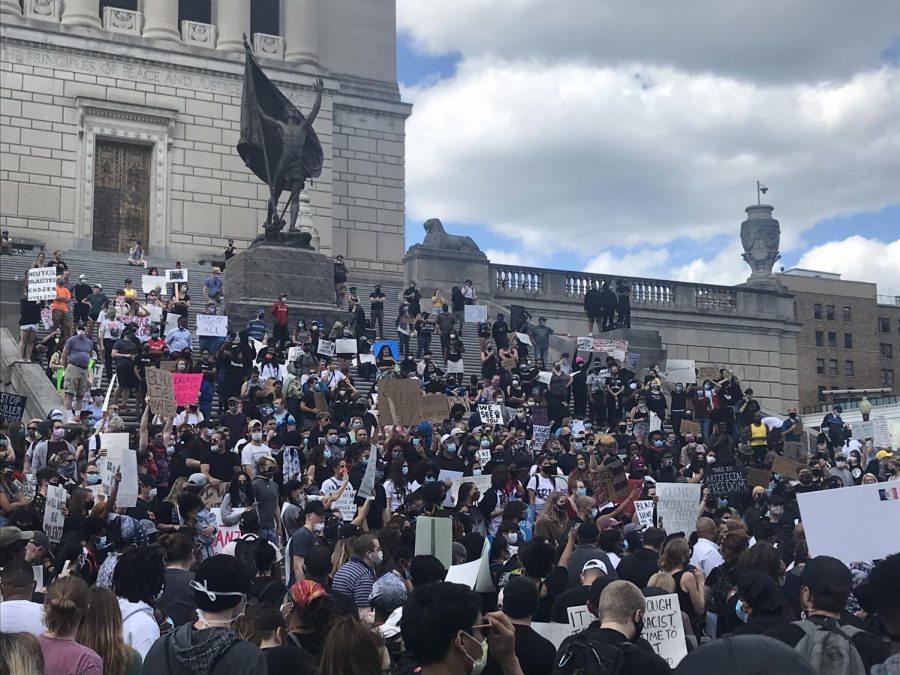O’ brother where art thou?
For I know you are tossed within the ranks.
I believe I’ve heard your wails.
Yes! Come forward!
Sprint! Faster now!
For they’re on your heels.
They shall not stop-
forge on!
Golden heart, unmatched by those of gild-
Rise up soon,
for we shall be lost without you.
Seniors are faced with many new experiences during their last year of high school. From turning 18 to graduation, senior year is a milestone in students’ lives. For this graduating class, their wait to actively voice their beliefs in our government is almost over. May 3, 2016, marks Indiana’s Presidential Primary Election with the United States Presidential Election on Nov. 8. Although seniors will have graduated from Center Grove by the time the next president is elected, some seniors will have the opportunity to participate in the primaries.
But not every eligible senior is eagerly anticipating the upcoming primary.
“I think this primary is unique because of the very polarizing candidates involved, Donald Trump, Ted Cruz and Bernie Sanders,” political science teacher Eric Howe said. “I find it interesting that we see these anti-establishment candidates dominating the news cycle in the presidential race. Yet [in] the race for U.S. Congress, as well as the state and local levels, we see the more or less traditional, establishment politicians in those races.”
The Republican candidate who wins the majority of Indiana’s delegates will receive all of the delegates. The Democratic candidates are given delegates on a proportional system. Usually, the candidates who will vie for the presidency in November have been decided before Indiana’s primary. The 2016 primary is different: Indiana’s delegates are essential to the presidential nominations.
Because of the importance of this year’s primary, students are struggling to find a candidate they identify with enough to vote for.
“Some of them are so far away from what I believe, and then some are close but then have big viewpoints that I disagree with,” senior Jamie Fannin said. “I don’t agree with free education because I believe that if you give a free education, then a college degree won’t mean as much. I think the quality would go down and people might not take it as serious as it is now.”
Others view their role in the election as having to choose between two evils.
“I probably will end up voting because anyone who isn’t Trump is at least somewhat survivable,” senior Hope Cullers said. “So I need to play my part in keeping him out of office.”
One can’t help but notice how pessimistic citizens have been over this election’s candidates.
“I think it’s a shame that the memes and jokes are more popular than the actual content of the debates,” senior Sabrina Maristela said. “We need to start trying to figure out what each candidate could offer to our country so we can actually pick a winner instead of ‘none of the above.’”
Students might also feel like their vote doesn’t matter, and they are not alone.
“According to the Washington Post, only 19.9% of voters 18-29 cast a ballot in 2014,” Howe said. “From the cost of higher education and student debt to issues of expanding rights to minorities, students should want a voice in the issues that they face. Beyond that, it is important to remember that one does not simply cast a vote for president but will also vote for candidates from surveyor and county council to state and U.S. Congress.”
No matter what students’ political views are, this election will certainly be interesting, and this time, the votes students in Indiana cast may affect the outcome.



